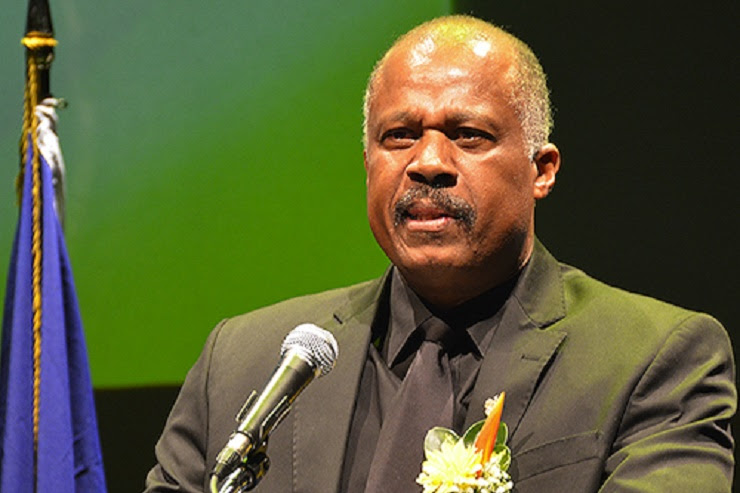 Sir Hilary Beckles described the social structure in Barbados as one of white supremacy and black marginalization.
Sir Hilary Beckles described the social structure in Barbados as one of white supremacy and black marginalization.
BRIDGETOWN, Barbados, Monday April 25, 2016 –The Vice Chancellor of the University of the West Indies (UWI) has called for social change in Barbados, saying that blacks continue to be marginalized and warning that the situation cannot continue.
Professor Sir Hilary Beckles says that while people have spoken about Barbados as a global symbol of stability, a critical question that must be answered is what part of that stability is consensus and what part is repression.
“The Barbados society in its current structure is not sustainable,” cautioned the historian during a lecture on slavery and the 1816 rebellion by General Bussa, one of the country’s national heroes.
The Barbadian-born academic described the social structure as one of white supremacy and black marginalization, adding that this “economic white supremacy system” is subversive to democracy.
“There is, in Barbados, a division of labour which says that the black community will occupy and control the politics and the white elite will control the economy…All of us as citizens of Barbados have to examine this model and transform it. It has to be transformed in order to fulfil the vision if our ancestors in General Bussa’s time, General Greene and Clement Payne,” said Sir Hilary, referring to other freedom fighters.
“It can only be done if the economic democracy movement is revitalized and insisted upon because, in my judgment, the young people of this island deserve a more democratic society. They have paid their price in history for democracy and freedom.”
The top UWI official, who is also chairman of the Caribbean Community (CARICOM) Reparations Commission, insisted that reparatory justice is a critical part of that.














